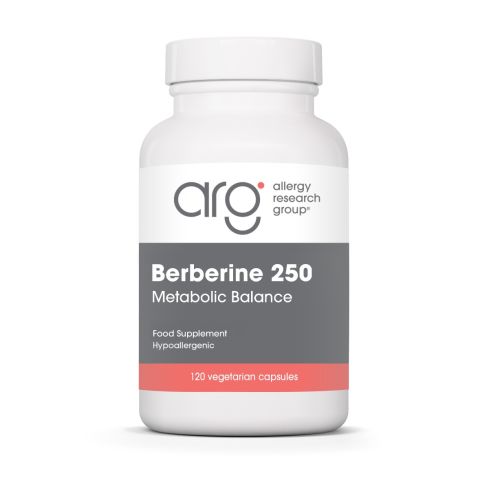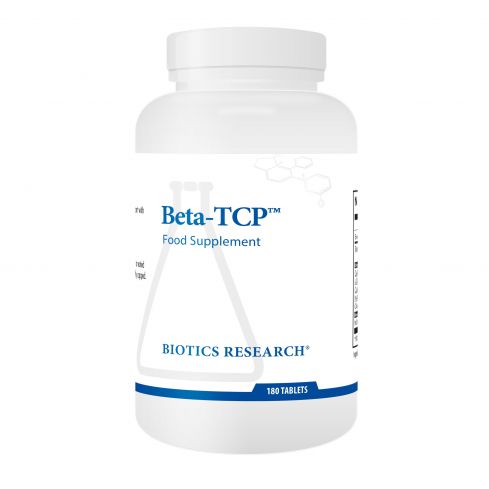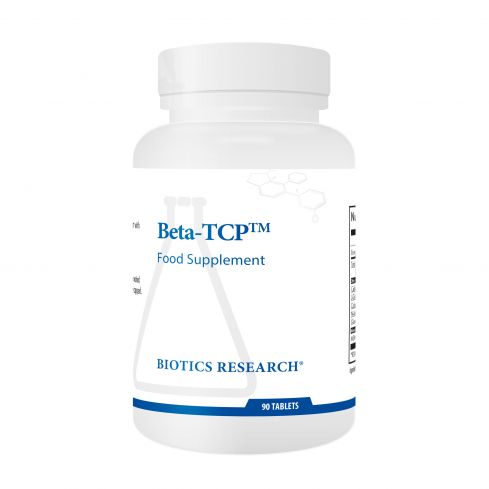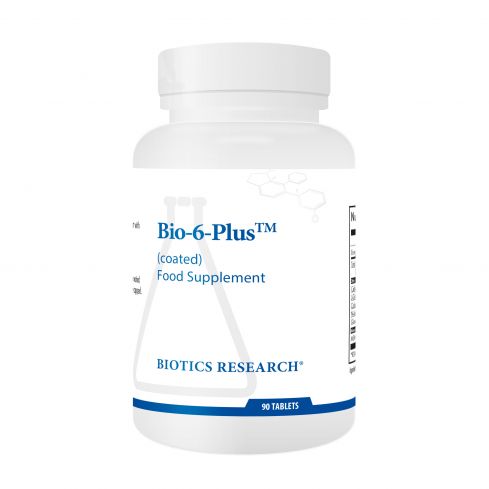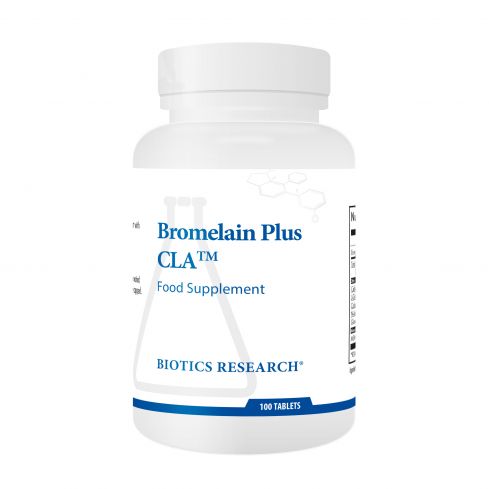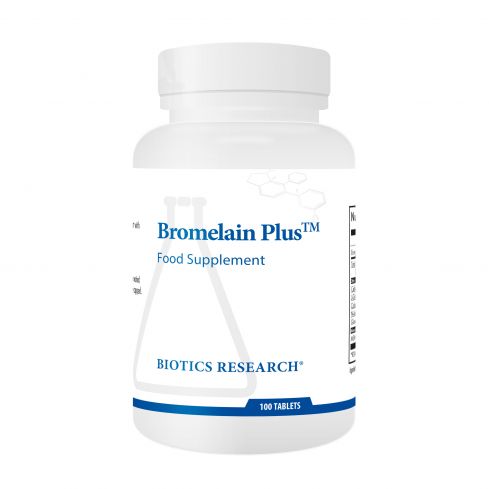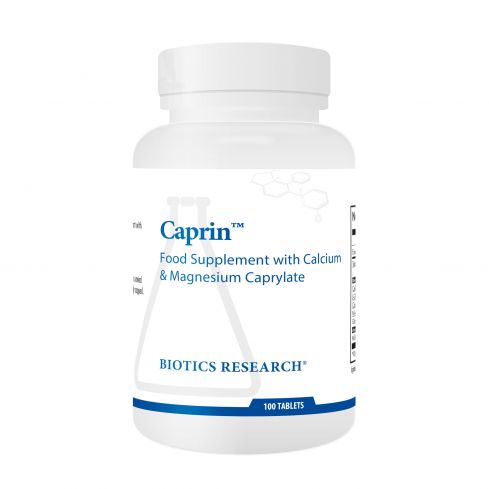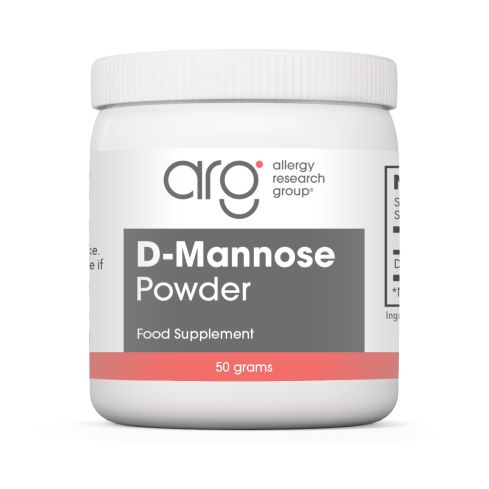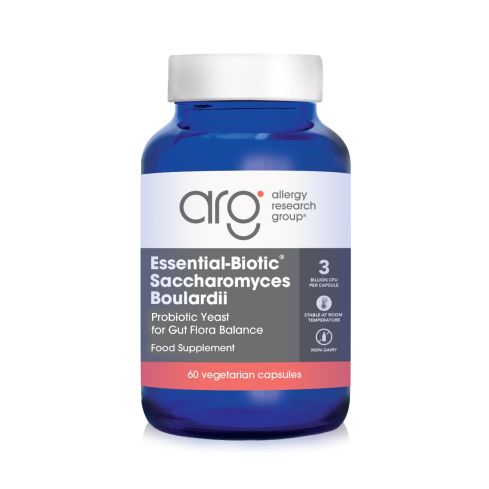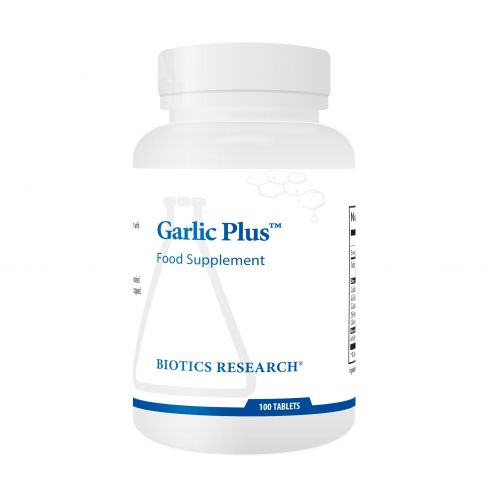- Home
- Products
- Conditions
- Microbial Balancers (Parasites Yeast Bacteria Viruses)
Microbial Balancers (Parasites Yeast Bacteria Viruses)
Long before the advent of pharmaceutical antimicrobials, people all over the globe treated themselves and their animals, when afflicted by infectious disease, with substances derived from plants and minerals. Nowadays, as the public becomes more aware of problems stemming from antibiotic over-prescription and misuse, they want suitable alternatives from natural sources.
Potential antimicrobial alternatives span the alphabet from alfalfa to zinc, comprising everything from aromatherapy oils to common food agents to colloidal silver products. In a review of antimicrobial plant products the author stated:
Laboratories of the world have found literally thousands of phytochemicals which have inhibitory effects on all types of microorganisms in vitro. More of these compounds should be subjected to animal and human studies to determine their effectiveness in whole-organism systems, including in particular toxicity studies as well as an examination of their effects on beneficial normal microbiota.
Cowan MM. Plant products as antimicrobial agents. Clin Microbiol Rev. 1999 Oct;12(4):564-82. View Abstract
Parasites are well adapted for survival in the human environment. Here they satisfy all their needs, while usually providing no benefit to the host. The result of this one-sided dependency is that it is not in the parasites’ best interests to kill the owner of their new home and in many cases parasites are able to survive for a long time. Such habituation may deprive the host of essential nutrients and usually exposes the host’s tissues to the parasites’ metabolic and degradative products, causing pathological changes in and damage to the host. Obviously, remedies against parasites should subsequently include treatment of the host for clinical and pathological changes induced by the parasites.
A good example of an antiparasitic agent is cinchona bark (quinine), which was used against malaria by the early Peruvians and introduced to the Western World by the Jesuits. Extracts of male fern and of santonin obtained from Artemisia maritima var.anthelmintica were held in high regard as antihelmintics by Theophratus (370–285 B.C.) and Galen (A.D. 130–201) and were also recommended as effective antihelmintics until the 1940s and 1950s.
Are supplements effective at getting rid of parasites?
Our products are tailored specifically to target any underlying issues caused by an imbalance of microbes in the body. Whether you're looking for parasite supplements, parasite vitamins, anti-parasitic supplements, supplements for a parasite cleanse or anti-parasite herbal supplements, we've got you covered.
We specialize in providing natural solutions to combat parasites and restore balance within the body. Our parasite cleanse pills and parasite killer pills work together to naturally detoxify your body and eliminate any unwanted organisms. By using our high quality products, you can be sure that your body is functioning optimally and that any parasites have been cleared from your system.
At Calm, we believe in offering only the best products that are specifically designed to promote a healthy microbiome and help protect against infectious diseases. We understand how important it is to maintain a balanced gut flora in order to live a full and healthy life.
References
- Ankri S, Mirelman D. Antimicrobial properties of allicin from garlic. Microbes Infect . 1999;1(2):125-9. View Abstract
- Aukrust P, Müller F, Ueland T, Svardal AM, Berge RK, Frøland SS. Decreased vitamin A levels in common variable immunodeficiency: vitamin A supplementation in vivo enhances immunoglobulin production and downregulates inflammatory responses. Eur J Clin Invest. 2000 Mar;30(3):252-9. View Abstract.
- Baldi A, Ioannis P, et al. Biological effects of milk proteins and their peptides with emphasis on those related to the gastrointestinal ecosystem. J Dairy Res . 2005;72 Spec No:66-72. View Abstract.
- Engwerda CR, Andrew D, et al. Bromelain modulates T cell and B cell immune responses in vitro and in vivo. Cell Immunol. 2001 May 25;210(1):66-75. View Abstract
- Griffiths EA, Duffy LC, et al. In vitro growth responses of bifidobacteria and enteropathogens to bovine and human lactoferrin. Dig Dis Sci . 2003 Jul;48(7). 1324-32. View Abstract
- Meydani SN, Erickson KL. Nutrients as regulators of immune function: introduction. Faseb J . 2001 Dec;15(14):2555. View Abstract
- Reid G, Burton J. Use of Lactobacillus to prevent infection by pathogenic bacteria. Microbes Infect . 2002;4(3):319-24. View Abstract
- Borris, R. P. 1996. Natural products research: perspectives from a major pharmaceutical company. J. Ethnopharmacol. 51:29-38 View Abstract
- Gill HS. Probiotics to enhance anti-infective defences in the gastrointestinal tract. Best Pract Res Clin Gastroenterol. 2003 Oct;17(5):755-73. View Abstract
- Fidan I, Kalkanci A, Yesilyurt E, Yalcin B, Erdal B, Kustimur S, Imir T. Effects of Saccharomyces boulardii on cytokine secretion from intraepithelial lymphocytes infected by Escherichia coli and Candida albicans.Mycoses. 2008 Jun 21. View Abstract
- Anthony JP, Fyfe L, Smith H. Plant active components - a resource for antiparasitic agents? Trends Parasitol. 2005 Oct;21(10):462-8. View Abstract.
- 34 items
- 1 item
- 9 items
- 14 items
- 11 items
- 1 item
- 12 items
- 8 items
- 15 items
- 12 items
- 1 item
- 22 items
- 23 items
- 1 item
- 11 items
- 15 items
- 9 items
- 11 items
- 22 items
- 3 items
- 10 items





